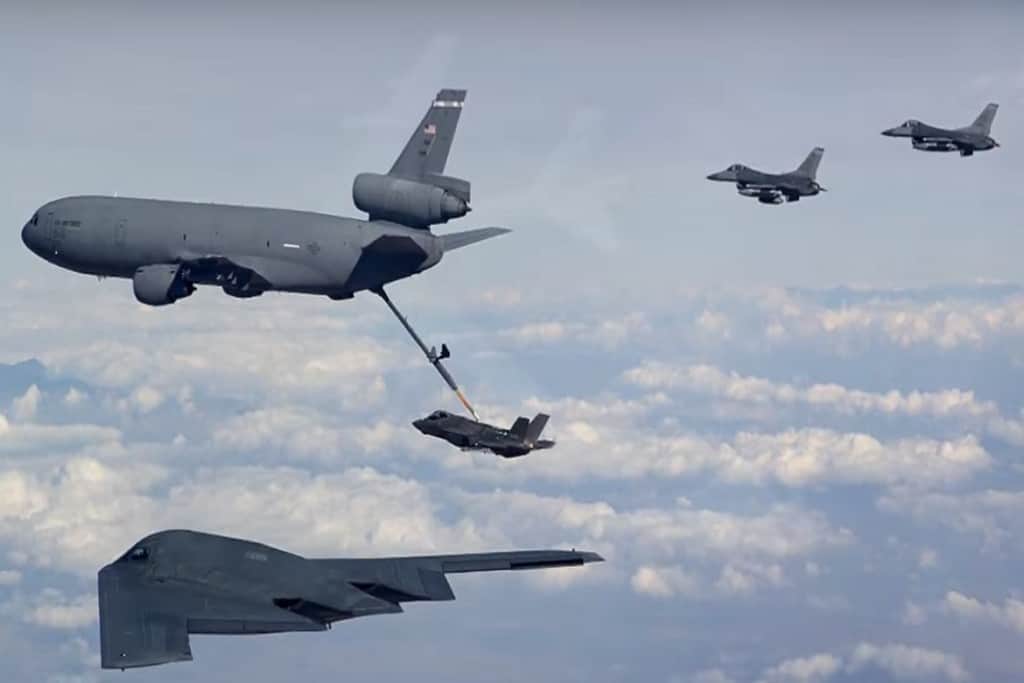In today’s multipolar world, it seems that the U.S Defense Strategy is shifting from combating terrorism as the main threat for the U.S security and geopolitical interest. It seems that the Trump administration has shifted its attention towards the old adversaries and put the great powers competition back at the top spot of the U.S global security agenda.
On that note, it is important to emphasize that the so-called revisionist powers such as Russia and China are aiming to challenge the U. S hegemony and to have a bigger influence on the economic and global security issues. Often than not, these powers interests tend to collide with the so-called American interests which are the main reason why the U.S defence policy sees the emerging powers as the biggest threats for the stability, prosperity and security of the United States. And although neither Russia or China have the capability to take over the US spot as the only superpower, both nations have shown that they can frustrate the U.S hegemony and challenge the U.S global defence policies.
However, the U.S defence strategy should not aim for a new Cold War or increased confrontations with these emerging powers. After the fall of the Soviet Union, the United States found itself in a position as the only superpower, and this domination has been the key element in asserting the American interests. With emerging China and revived Russia, the U.S security and defence policy should actively rely on it is economic power to put pressure to assert its own interests over the emerging powers. It seems that the previous Obama administration understood this notion as it countered the Russian annexation of Crimea with economic sanctions that have put Russia on the defence rather than on the offence. Also, it eliminated the possibility for a Russian direct intervention in Eastern Ukraine.
On the other hand, the Russian intervention in Syria turned the tide of the war and directly interfered with the American interests in the region. That is why combined with the economic pressure, the United States defence strategy should also rely on maintaining their military and naval superiority. And while the previous administration mostly relied on the economic spheres of pressure, President Trump took active steps to modernize the army and their strategic weapons capabilities. The combination of economic pressure and diplomacy backed by the military superiority should be the three main elements on which the new U.S defence policy should be based.
Nevertheless, the U.S geopolitics and security interests are also challenged by so-called lesser powers. The new U.S defence policy should also aim to not undermine the threats from lesser powers such as Iran and North Korea. The United States should not underestimate these “smaller adversaries” as it can be costly for the U.S to be involved in several conflicts that can drain the overall resources and capabilities. The recent American withdrawal of the Iranian Nuclear deal has increased the tensions in the Middle East and that has put an additional need for American vigilance in the region as Iran represents one of the main regional powers in the region.
On a final note, we can conclude that the success of the new American defence policy is directly related to keeping the emerging powers at bay. By maintaining the current state of being the only superpower, the United States can protect their security and national interests in the long term.







